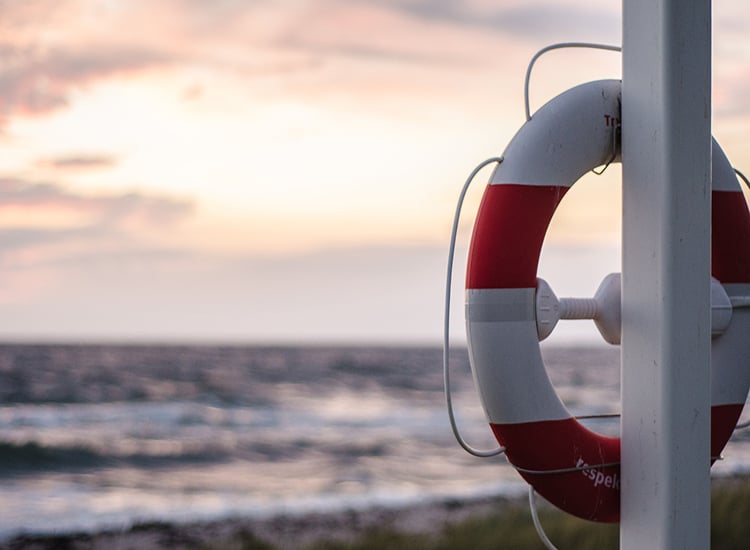
Industry veteran Danielle Restaino Walters shares some emergency preparedness tips to help ensure that you and your company are prepared for…basically, anything.
In the middle of a presentation on emergency preparedness Danielle Restaino Walters was giving, the projector went out. The Genentech meeting manager and CMP immediately pulled out a printed backup with notes and continued along with her presentation like nothing had happened.
“That was a real-life example of how contingency planning can keep things moving smoothly,” she said. “Unforeseen things happen every day that we need to manage for. Whether it is a potentially large-impact crisis or something we think of as regular and ordinary, it all requires proper preparedness and planning.”
Here are some of her top tips:
Have a plan
One of biggest mistakes is not having any type of plan, but contingency planning is not one-size-fits-all, she said. “Every company has different infrastructures and protocols to follow, and each destination and venue requires its own pre-event contingency planning. For example, you probably won’t deal with a hurricane in California, but wildfires or earthquakes could be a factor. Work with your venue as they are a primary resource in emergency preparedness.” she advised.
Line up your local resources
“With so much beyond our knowledge and control, it is impossible to have a contingency for everything,” she said. What you can do is have an overall framework in place, identifying key local contacts (emergency response, urgent care/hospitals, etc.), resources and most importantly, an “incident commander” to oversee implementation of the emergency action plan. This may often be the meeting director because of their holistic perspective in working with the company and meeting suppliers.
Create a communications plan
Having participants’ contact information and a communications plan in place is essential to keeping attendees informed and accounting for their safety in case of a major catastrophe such as an earthquake. There are amazing technology tools to support these needs, she noted. Consider who to include in the communications, and when it is important to bring in HR, legal, etc. For example, there should be defined protocols for medical emergencies, and information as to who should be informed and perhaps accompany the person to seek medical support, and what to do if the person is incapacitated, she said. “Your communication plan should focus on securing the safety of your participants; having a plan in place is the best place to start.”
Want to learn more? Walters will be leading an interactive session digging into the most effective protocols, resources and learnings from real-life events entitled: Emergency Preparedness and Crisis Management Strategies: Real-World Case Studies at the 8th Annual Global Pharmaceutical and Medical Meetings Summit, February 10-12, 2020 in Boston.
YOU MIGHT ALSO BE INTERESTED IN:
ALICE Active Shooter Training More Important Than Ever
10 Tips for Emergency Preparedness
Are You Ready for the Next Natural Disaster?










